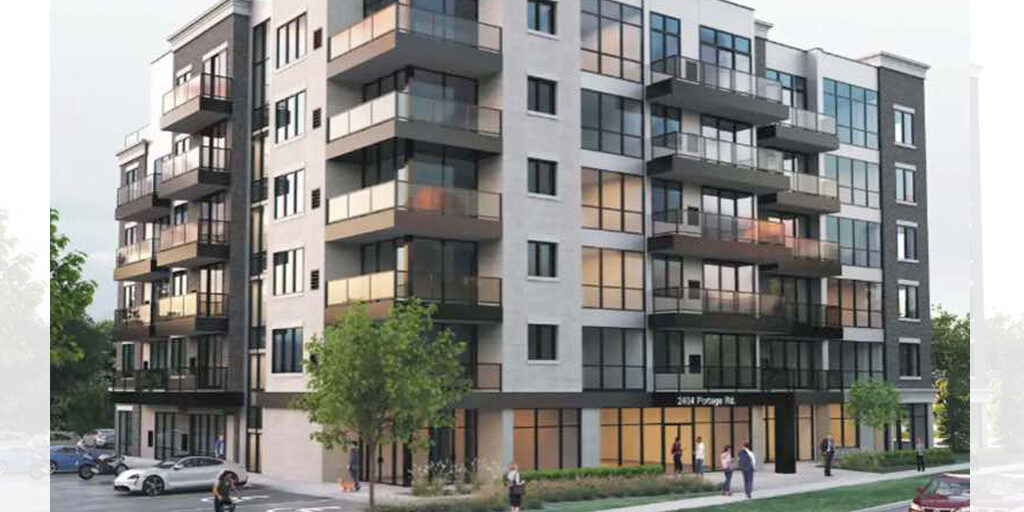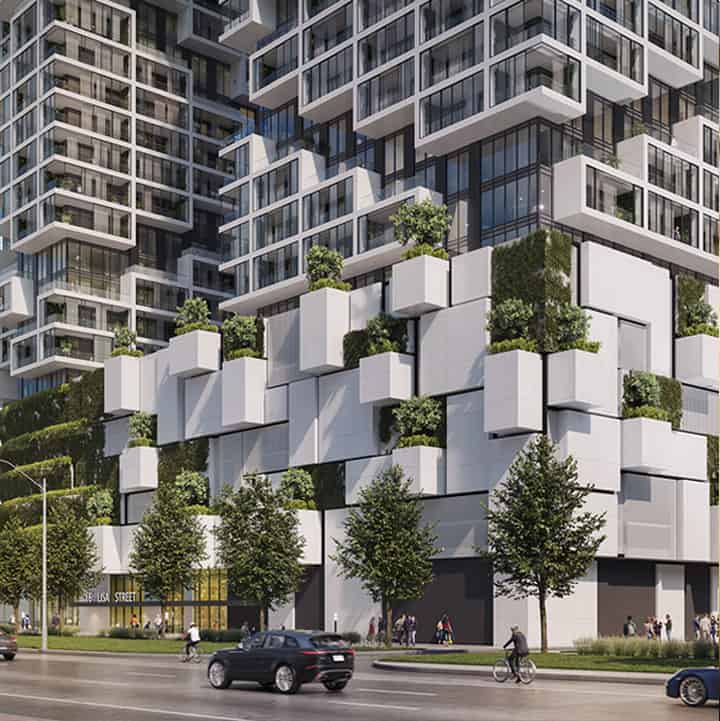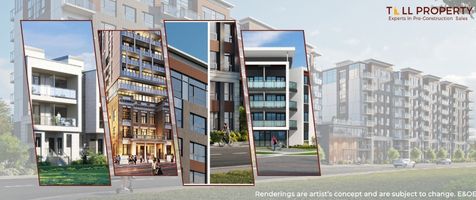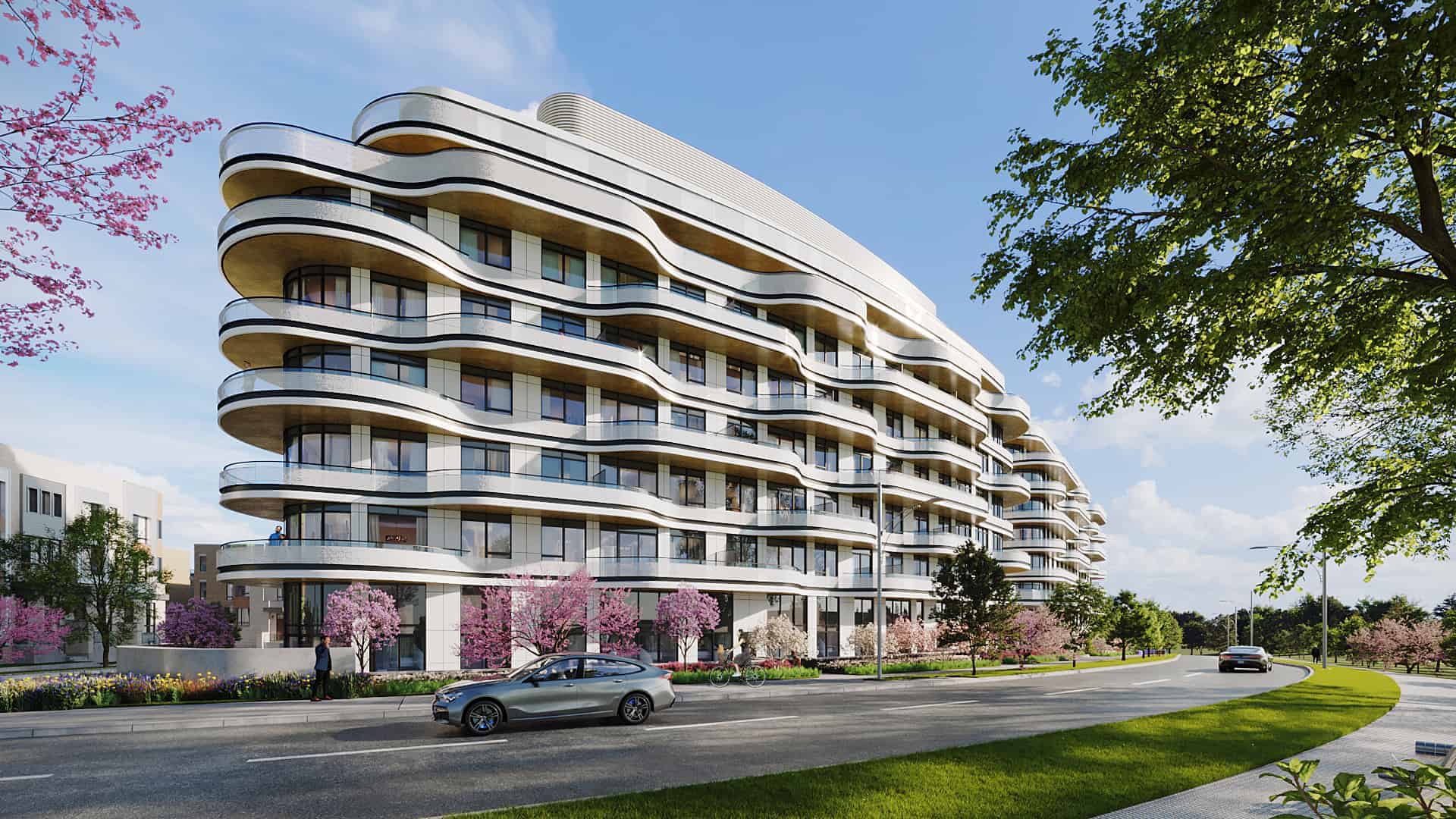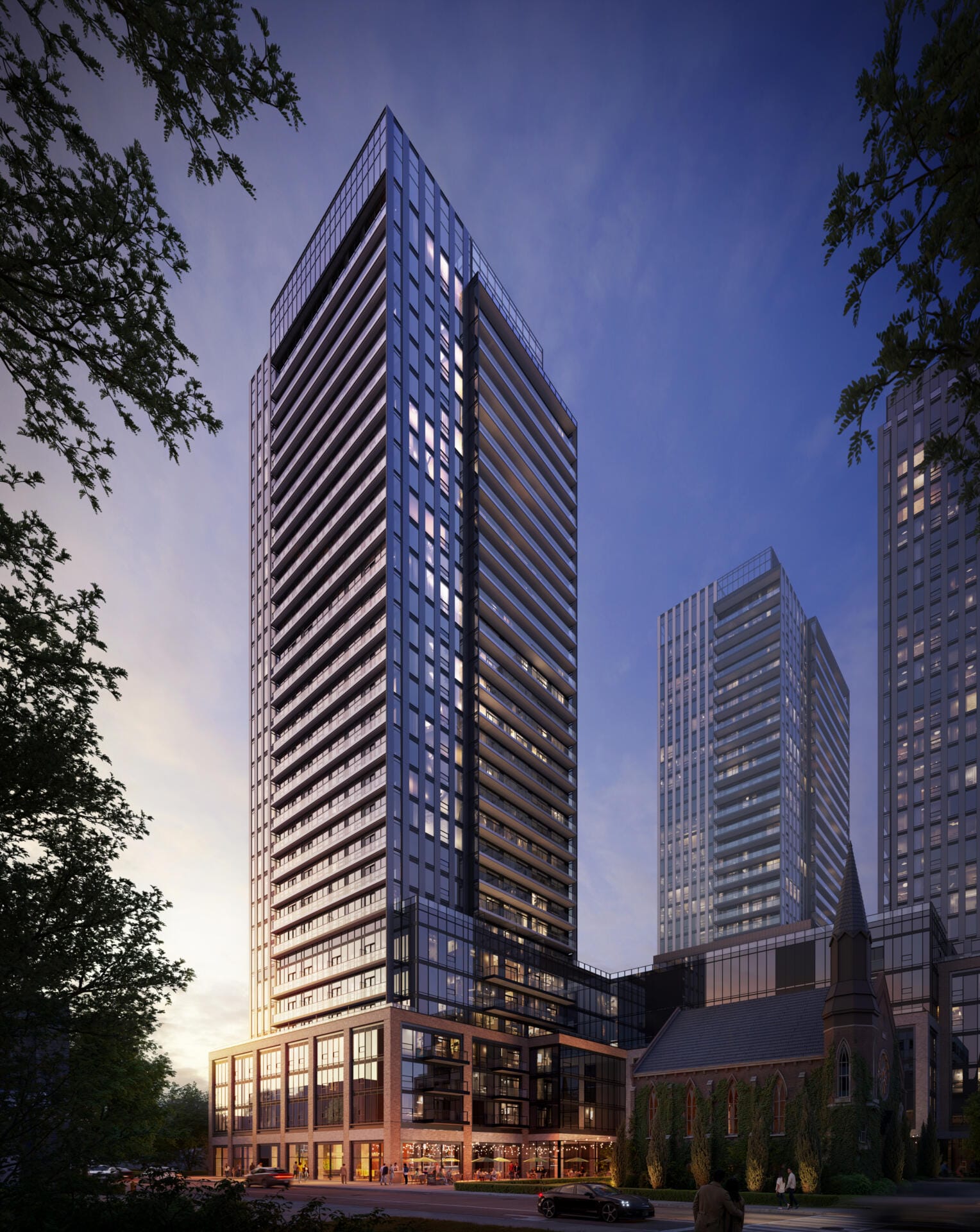Pros and Cons of Buying a Condo vs House- Tips for Smart Investors
Buying a home is everyone’s dream. The confusion starts when you are ready to buy one but you have to choose which type of property you should invest in.
We all know that pre-construction condos and houses generally have lower prices and higher value appreciation potential than ready-to-move-in properties but many factors can affect which of these two will be better for you.
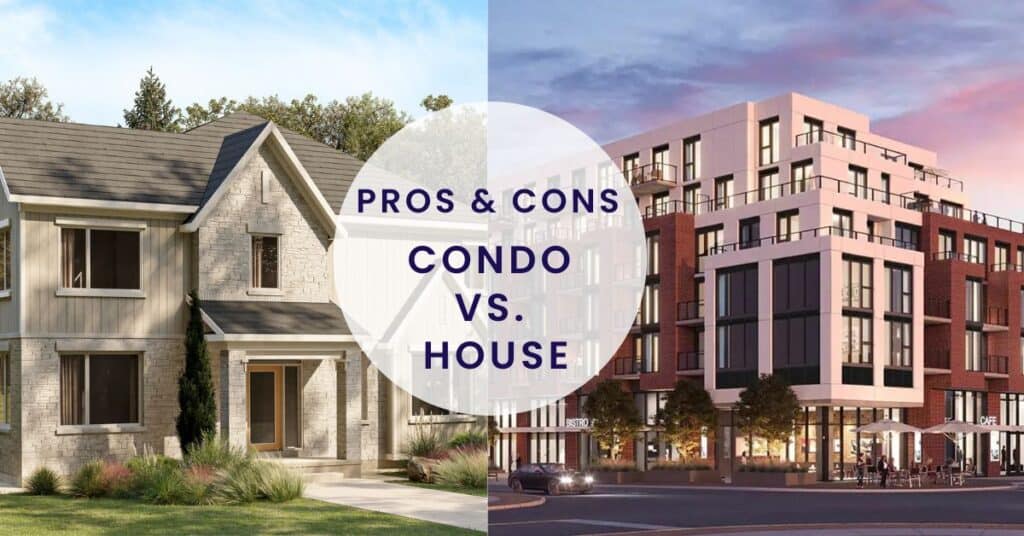
What do you mean by a Condo?
The word ‘condo’ is short for ‘condominium’. It refers to an apartment in a shared building or complex. Condos can come in the shape of row houses but the most common variants are in the form of apartments.
What you must know before buying a pre-construction condo?
- Condos are basically a community living arrangement – where you will have neighbours living above, below, and next to you.
- A condo owner holds entitlement to his/her apartment, and not the building or the land on which it is situated.
- Typically, the square footage of a condo is much less than a house and hence, is much cheaper too. An ideal choice for first-time homebuyers, investors, and downsizers, it has fixed HOA (Homeowners’ Association) fees (and rules) associated with it.
- This association or condo board owns and manages exteriors, common spaces, and amenities in the complex, such as a clubhouse, a fitness centre, garages, swimming pools, and outdoor spaces.
What do you mean by a House?
A house exists independently. Houses are usually meant for a single family. Hence, they are also referred to as single-family homes. Homeowners own the land on which it is built and usually, include a front and/or back yard and additional structures, such as an in-law unit or a detached garage.
In most cases, none of the exterior walls of a house is attached to other residential structures.
What you must know before buying a plot for a house?
- Depending on the size, shape, and design of a house, they can be further sorted into various categories, such as bungalows or mansions.
- In cities with dense populations, particularly in historic districts, the houses may come in the form of rowhouses, townhouses, or narrow multi-story swellings that share one or two of their walls with neighbouring properties. But these also have separate entrances and front or backyard spaces.
How to determine whether I should buy a Pre Construction Condos or a Pre Construction House?
A few glaring differences between a condo and a house (besides their definition) are as follows:
1. The cost of a condo is usually less than a house
If you compare the cost of a condo in a well-established city and a house in a rural area, the house may cost less. But when it comes to a particular region, a condo is much cheaper than a house. The condos come with HOA fees as mentioned earlier in this post.
2. Insurance costs are less for a condo
Condos are apartments. Hence, if you own a condo, you will have to buy homeowner’s insurance only for its inner space. The exteriors, including cladding, roofing, and other parts of the building are the liability of the HOA. Hence, the insurance costs are less.
If you own a house, you will have to buy insurance that covers the whole structure (from the ground up to the roof) as well as detached structures that are part of your house, such as a carport or a garage – which costs more.
3. Maintenance costs are less for a condo too
Just like insurance, condo owners are only responsible for the maintenance of their inner spaces. These include cleaning, plumbing, pest control, and maintenance of appliances in their condo unit (including HVAC units).
All the residents in the building typically pay condo fees that cover all such maintenance costs and relieve them from some of the housekeeping tasks. Common amenities like swimming pools, fitness centres, and business centres are the responsibility of the HOA. The more amenities a condo complex has, the more residents have to contribute to their upkeep.
House owners, on the other hand, have to pay everything out of their pockets – from maintaining the building to taking care of the exteriors, yard, and any other facilities and amenities they choose to have.
4. Condos are more popular in densely-populated urban areas
In cities with high populations, condos provide an affordable living option for the residents in areas which are close to schools, hospitals, banks, stores, restaurants, and cultural attractions.
Houses require land and are popular in less-dense locations. However, many housing developments offer small plots of land within the city where you can construct your home.
5. Houses allow you more flexibility in how you design them
If you choose to buy a plot, you have greater flexibility in terms of what you want or what you don’t want. You don’t have to abide by HOA rules like you can’t keep pets.
However, you still have to abide by local construction laws. In some areas, single-family homes also fall under HOA but their rules are generally less restrictive and allow you greater autonomy.
But since condos are built on larger complexes, the residents often share a larger number of (and better) amenities than house owners.
Conclusion
Both condos and houses have their pros and cons, depending on the needs and preferences of the buyer. If you are looking for an economical living solution in a densely-populated area, a condo is your best bet. On the other hand, if you want to buy a home with more independent features like yards, private driveways, or detached garages, buying a house is the way to go. It all comes down to your budget and lifestyle needs!

